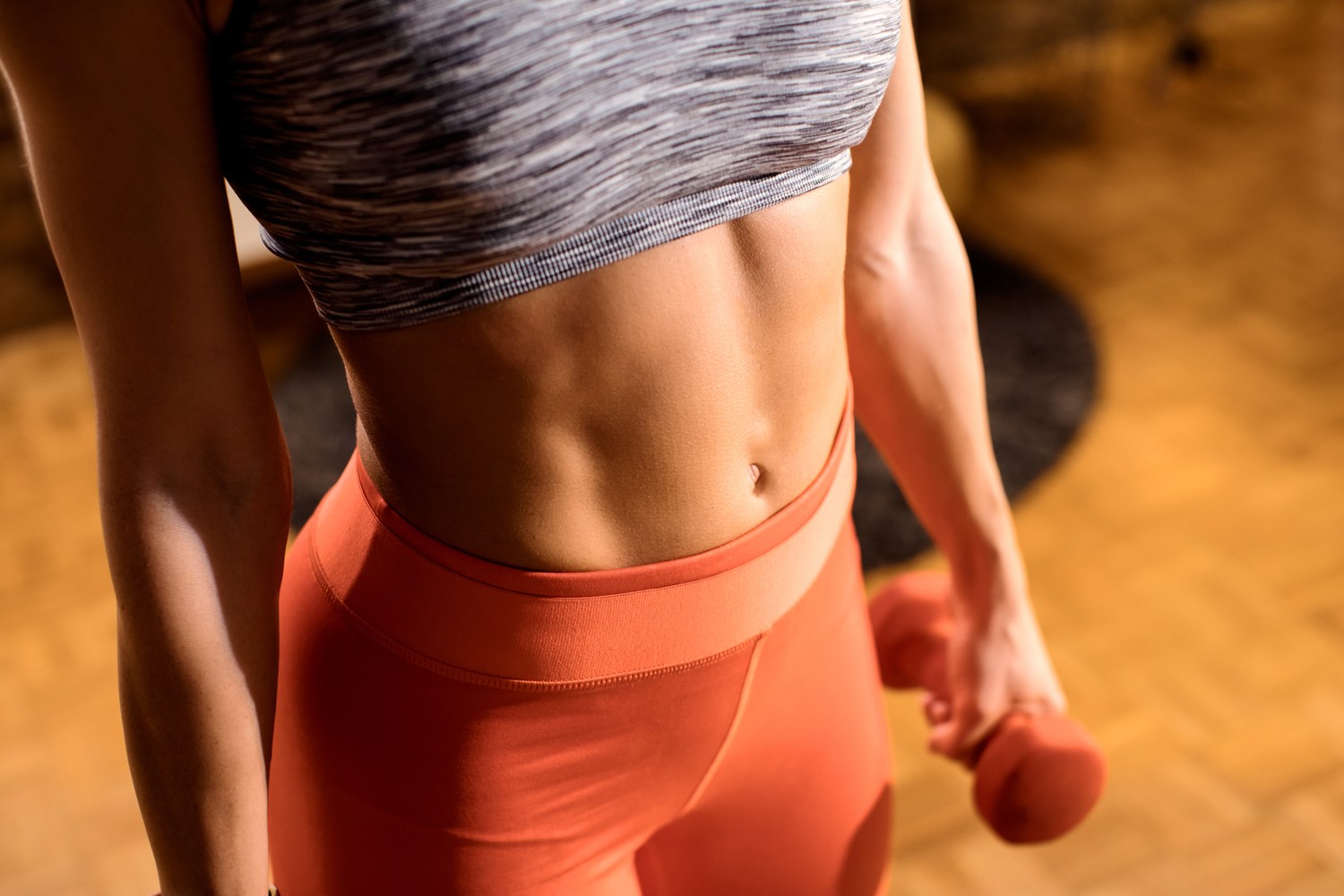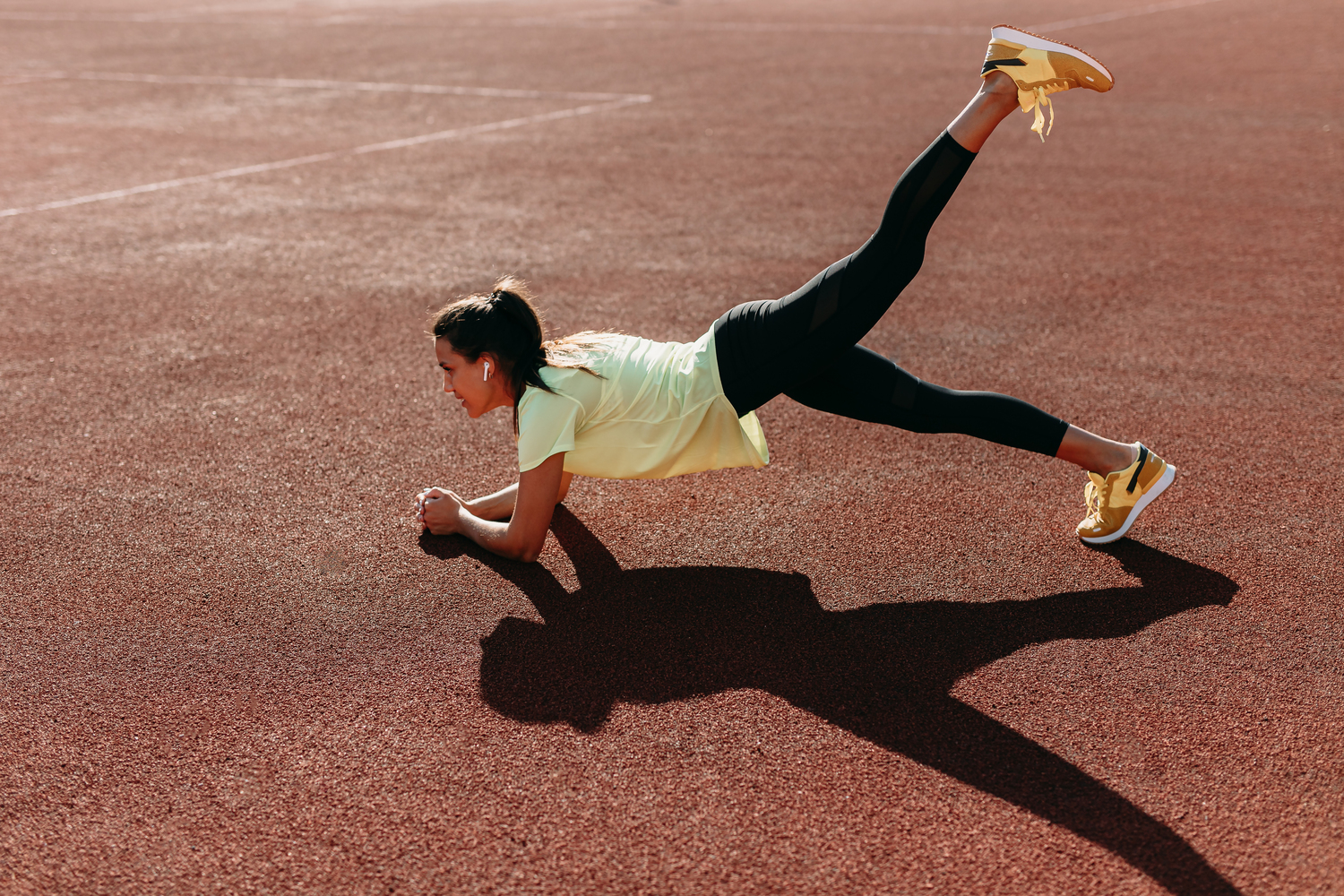Dehydration is something we've all experienced at some point. Dehydration occurs when you don't have enough water in your system. The most effective way to avoid dehydration is to drink before you become thirsty because it is a fact that if you're thirsty, you're already mildly dehydrated, which can cause headaches, fatigue, dizziness, and other symptoms. Severe dehydration has been known to contribute to potentially fatal health complications like heat stroke.
What Helps A Stomach Ache from Dehydration?
Water is essential for your body, especially in hot weather. Not only does it prevent dehydration, but it also prevents your body from becoming overheated by regulating your temperature. Your muscles generate heat when you exercise, and you must expel the heat to avoid overheating. Sweating is the primary way the body discards heat and reduces the body's water level, impacting normal bodily functions. Dehydration is possible if you do not drink enough fluids while exercising. Symptoms may be milder or appear more slowly, but dehydration poses the same risks in both hot and cold weather.
Keep in mind that not all drinks are created equal when it comes to rehydrating after exercise. Hydrating with an electrolyte-containing drink after exercise makes you less likely to develop muscle cramps from dehydration. If you drink plain water, on the other hand, you're more likely to experience cramps.
What Does Dehydration Feel Like in Your Stomach?

Muscle cramps are a sign of dehydration. Cramping can be caused by electrolyte loss, such as sodium and potassium that are eliminated through perspiration (sweating). Drink plenty of water or sports drink to replenish electrolytes if you've lost a lot of fluids due to sweating, vomiting, or diarrhea.
What Organ Hurts When You're Dehydrated?
Severely dehydrated people often experience pain in their abdomen. Sometimes the liver and kidney can also give sharp pangs due to them overworking to manage the little water available for digestion. Brain cells are also vulnerable to more severe dehydration.
What Benefits Does Water Have on Your Body?
Water is beneficial:
- Aid digestion and eliminate waste.
- Exercise your joints. They are lubricated by water.
- Create saliva (which you need to eat).
- The chemical balance in your body is required by your brain to produce hormones and neurotransmitters.
- Circulate oxygen throughout your body.
- Protect your bones.
- Control your body temperature.
- Act as a shock absorber for your brain, spinal cord, and fetus if you're pregnant.
Suggestions for Staying Hydrated
Rules for daily water intake are difficult to apply because they depend on so many variables, such as your age, gender, whether you're pregnant or breastfeeding, and whether you have any underlying medical conditions. Doctors recommend 2.7 liters per day for women and 3.7 liters per day for men. This amount can be obtained by consuming foods and fluids. Here are some suggestions for getting enough fluids and avoiding dehydration:

Always Keep A Water Bottle on Hand.
You'll likely get into the habit of sipping it without even realizing it if it's right next to you. Also, try seasoning plain water. If you don't like plain water, try a splash of fruit juice or chunks of fresh or frozen fruit.
Use Sugar-Free Herbal Tea or Coffee Instead.
Sip fruity iced teas during the day (with lots of ice if it's hot), or curl up with a mug of hot peppermint or chamomile tea at night — they all count toward your daily fluid goal.
Replace Your Packaged Snacks with New Ones.
Swap dry snacks with high water content, such as chips, pretzels, and crackers, for refreshing munchies like fresh or frozen fruit, yogurt, healthy smoothies, celery with peanut butter, and cut veggies with hummus.
Eat A Lot of Fruits and Veggies
Always remember that vegetables and fruits, like beverages, are hydrating. Aim to have half of your plate filled with produce at meals. All those vegetable and fruit servings will provide water and a healthy dose of vitamins, minerals, and fiber. In fact, some fruits and vegetables, such as cantaloupe, strawberries, watermelon, cucumber, celery, lettuce and leafy greens, zucchini, tomatoes, and bell peppers, are more than 90% water.
Drink More Fluids at Meals
Sipping water with meals will help you eat more slowly, pace yourself, and stay hydrated. Drinking water before eating may also help with weight loss.
Finally, if you are elderly, you should avoid dehydration. Elderly people may be more vulnerable to dehydration for a variety of reasons. Some elderly people become chronically dehydrated if they take certain medications, such as diuretics, have a diminished sense of thirst, are unable to easily obtain a glass of water, or forget to drink due to dementia. You can use the Vivoo app urine test to get an accurate sense of how hydrated you are.















